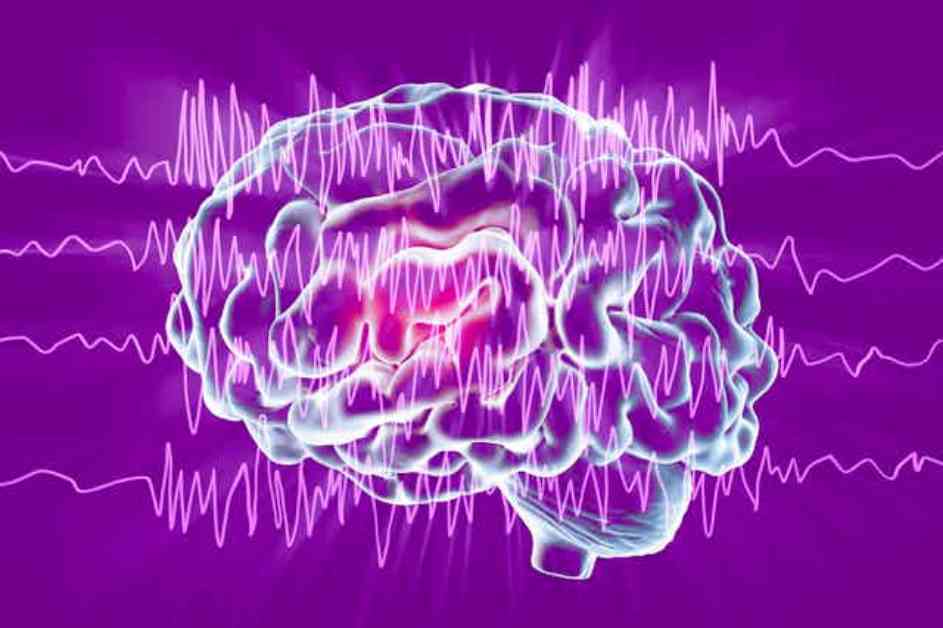One hundred years ago, Electroencephalography (EEG) was invented, revolutionizing the study of the human brain. Since its inception, EEG has significantly impacted how scientists understand cognition, perception, memory, and brain disorders like epilepsy. As a cognitive neuroscientist who utilizes EEG to explore human memory, the 100-year milestone of EEG presents an opportunity to reflect on its profound significance in neuroscience and medicine.
The discovery of EEG can be traced back to July 6, 1924, when psychiatrist Hans Berger conducted the first EEG recording on a human subject during neurosurgery. Berger’s relentless pursuit to uncover the physical basis of mental processes led to groundbreaking experiments measuring brain volume, temperature, and eventually electrical activity. Despite facing skepticism from the research community, Berger’s persistence culminated in the publication of EEG results in 1929, marking a pivotal moment in neuroscience history.
Neural oscillations, or the synchronized electrical signals produced by active neurons, have been a focal point of EEG research. These oscillations, characterized by specific frequencies like alpha and theta rhythms, play a crucial role in facilitating communication between different brain regions. Studies have shown that altering neural oscillations through various methods can influence cognitive performance, with potential applications in memory enhancement and brain disorder treatments.
In contemporary neuroscience, EEG continues to be instrumental in diagnosing conditions such as epilepsy and sleep disorders. Advancements in noninvasive brain stimulation techniques, like temporal interference, hold promise for enhancing memory and cognitive function. Researchers are exploring the therapeutic potential of manipulating neural oscillations to address cognitive deficits in conditions like Alzheimer’s disease.
Looking ahead, the future of EEG appears promising and multifaceted. As researchers envision the next century of EEG technology, possibilities include personalized diagnostics and treatments for brain disorders, wearable EEG devices for cognitive enhancement, and integration with virtual reality applications. The evolving landscape of EEG research holds vast potential for unlocking new insights into brain function and cognitive enhancement.
Erika Nyhus, an Associate Professor of Psychology and Neuroscience at Bowdoin College, underscores the transformative impact of EEG on neuroscience and underscores the limitless possibilities for future innovation in the field.






